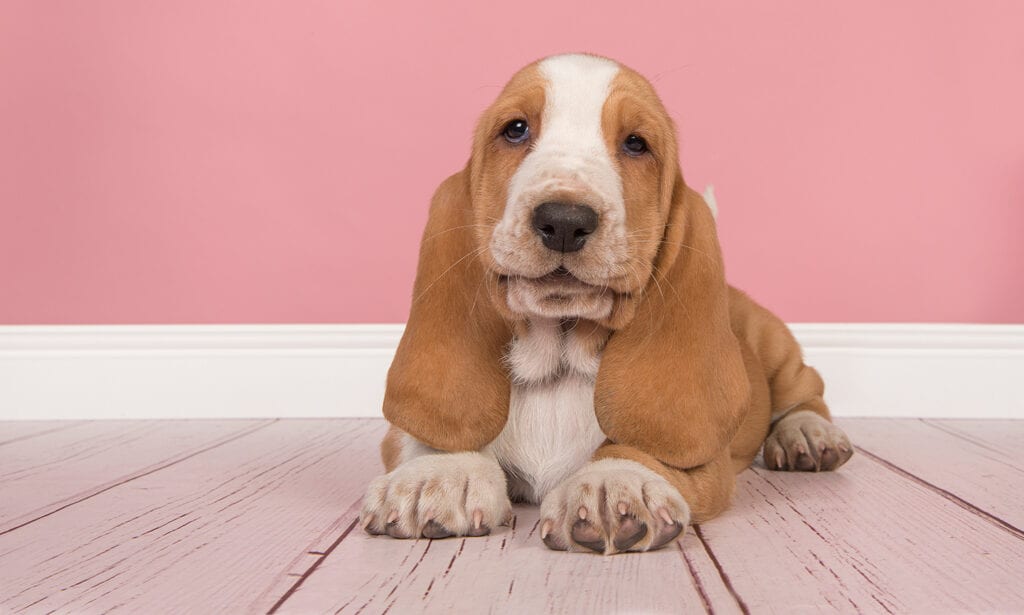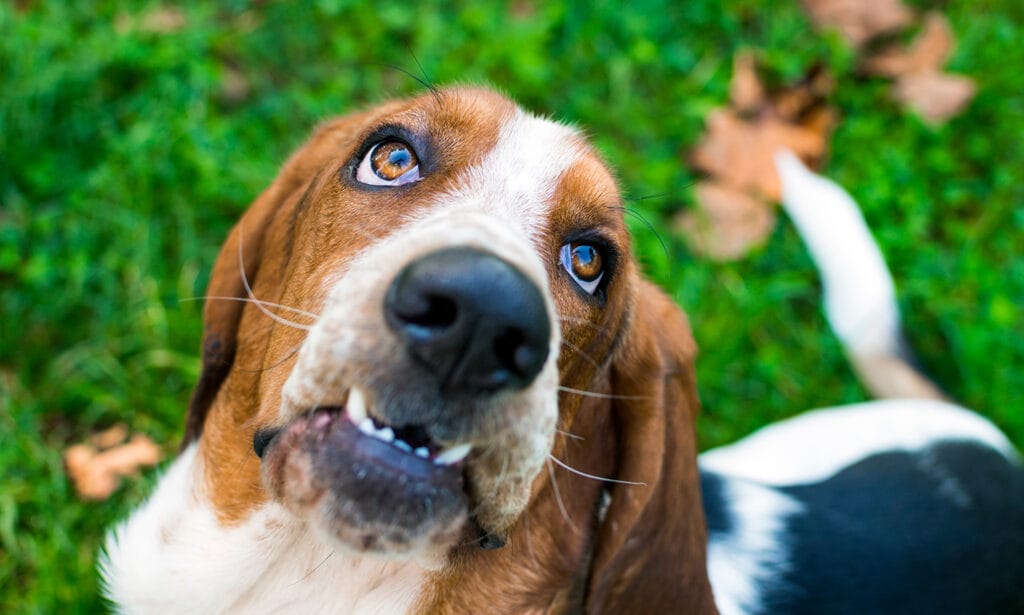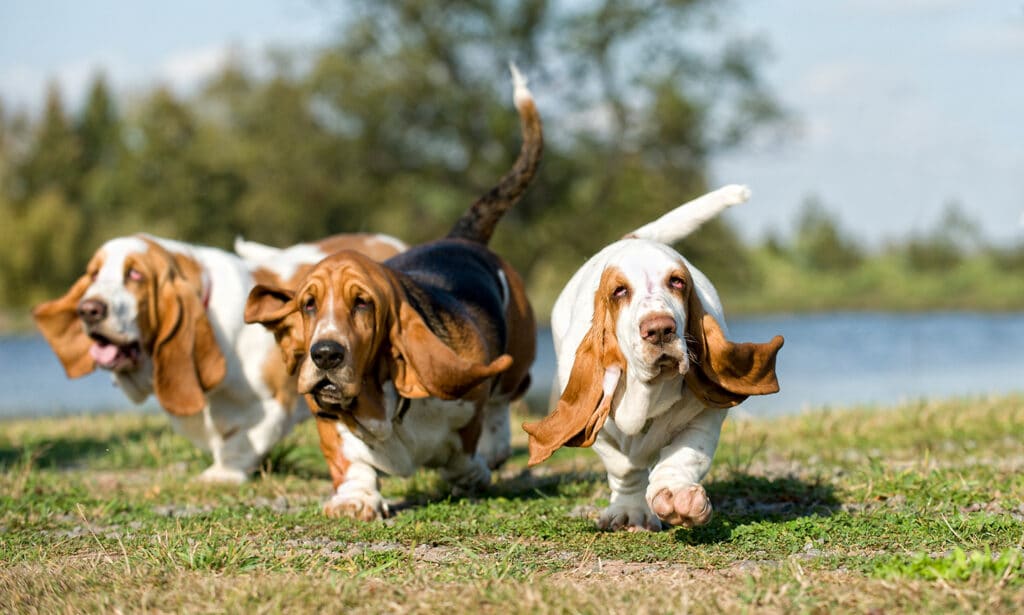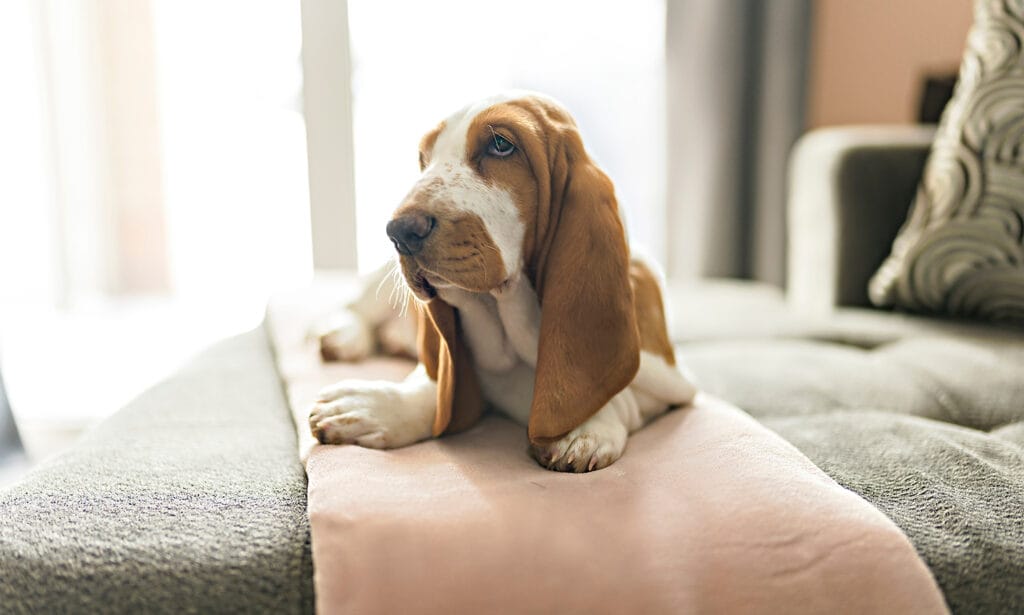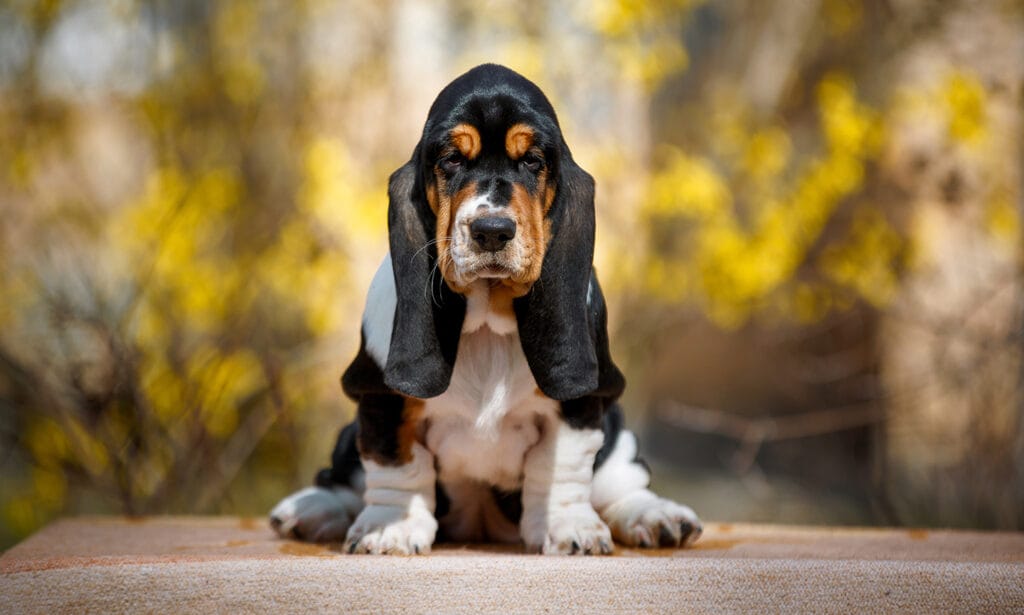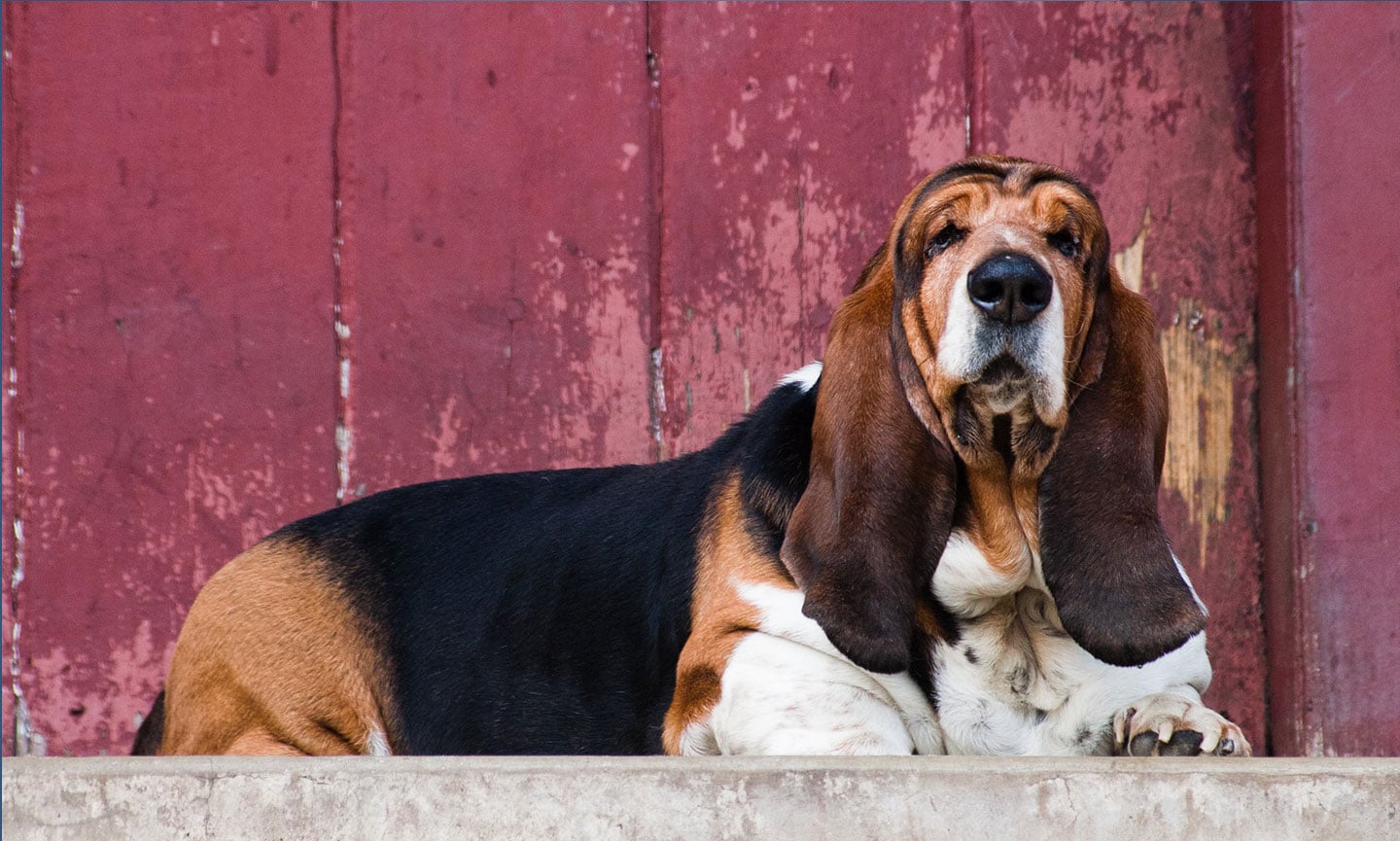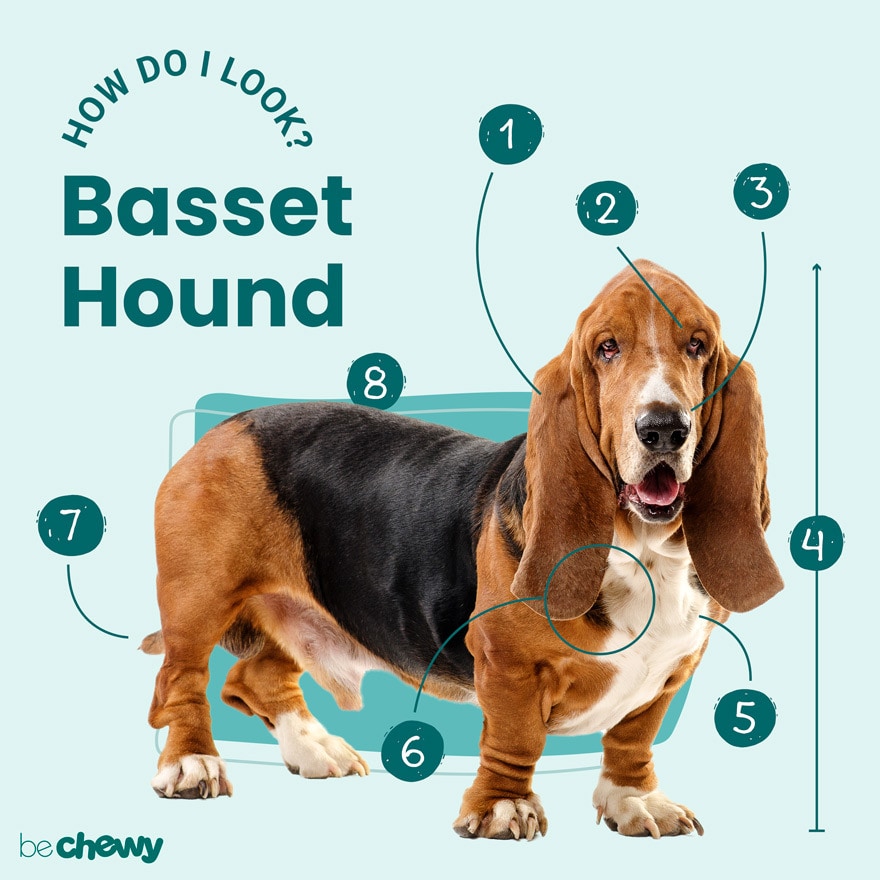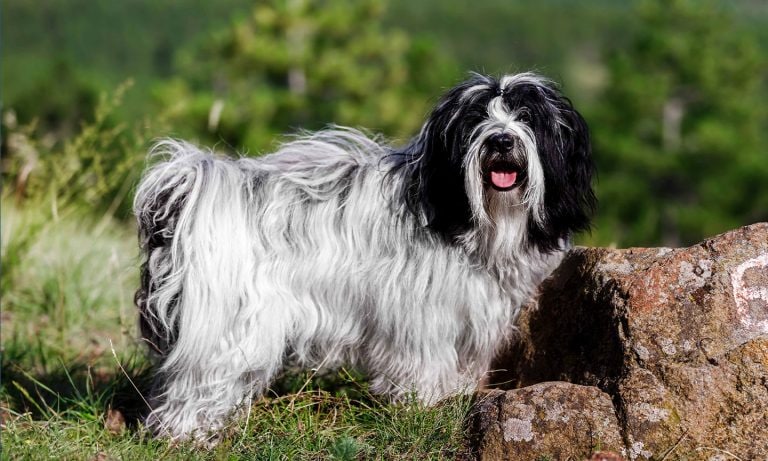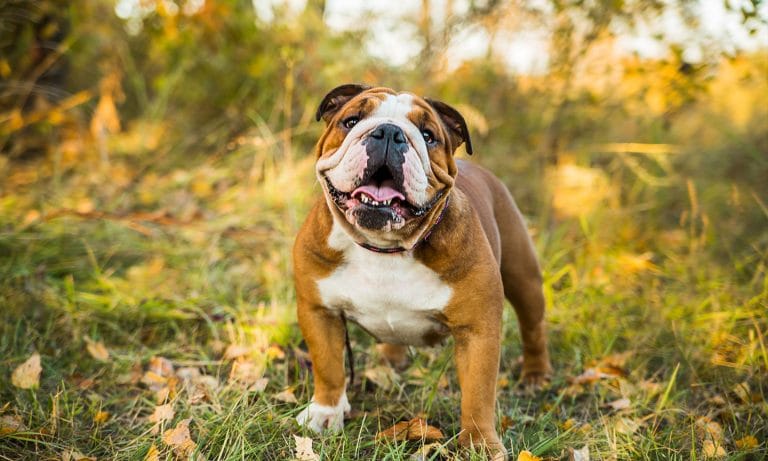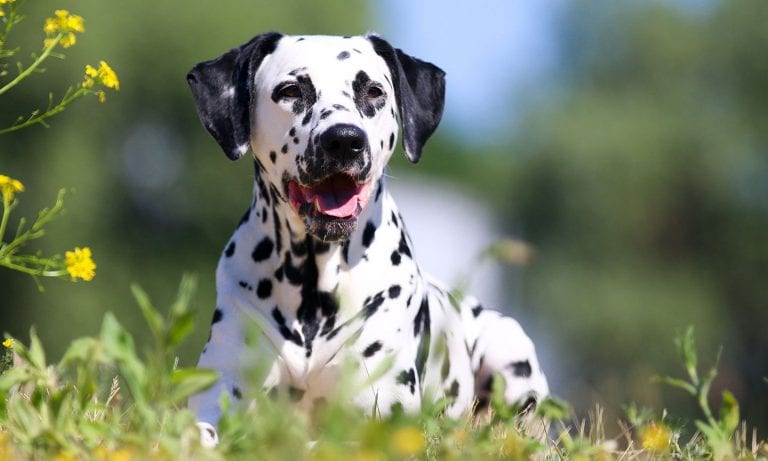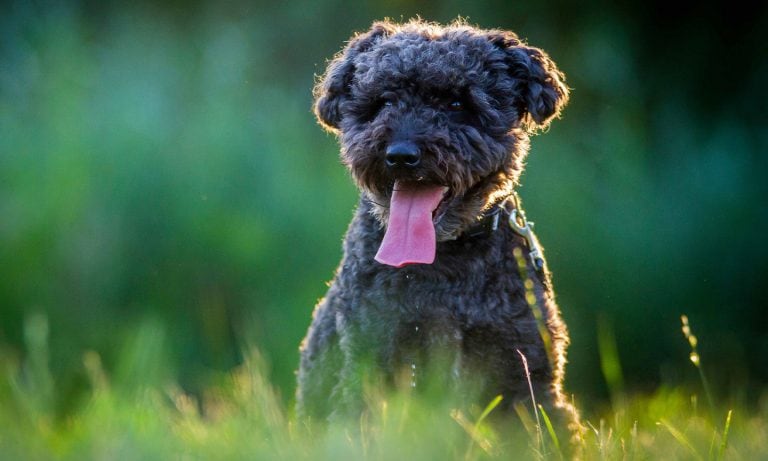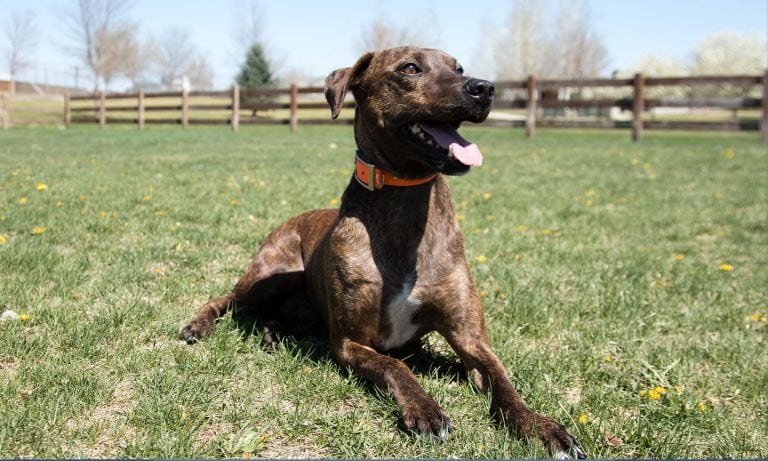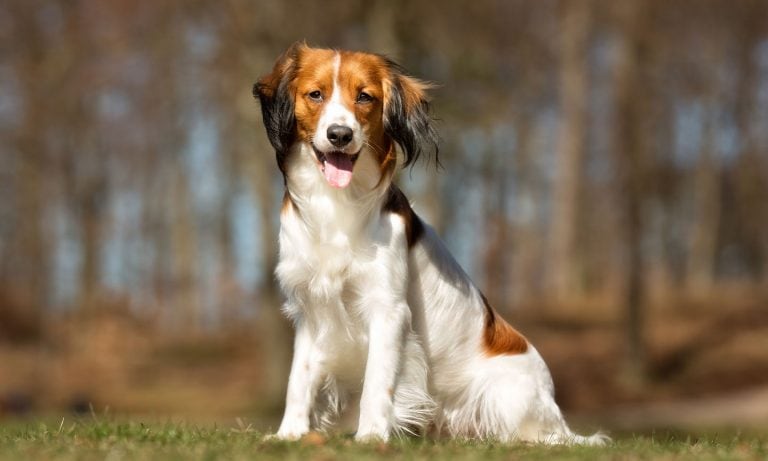The Basset Hound is an easy-going dog who gets along well with others, whether two- or four-legged. You can feel free to invite friends and family over to your house; and hey, if a few more people show up, it’s all good with the Basset Hound. Though not exactly social butterflies, these good-natured dogs are generally calm and enjoy company. Just don’t mistake their chill demeanor for a complete couch potato. Once their noses catch an interesting scent, you’d better keep up! That’s when these small-but-hefty pups, who were bred to track game, kick it into high gear. Afterward it’s back to your lap and being your sweet (sometimes stubborn) BFF. It’s all about that balance.
Breed Snapshot
Temperament:
MellowGood-NaturedDevotedCoat Color:
Black And WhiteBlack Brown And WhiteBlack Tan And WhiteBlack White And BrownBlack White And TanBrown Black And WhiteLemon And WhiteMahogany And WhiteRed And White
Best For
Gentle and devoted, Basset Hounds make great companions for pet parents who are committed to providing regular grooming (look at those long, floppy ears), lots of socialization and consistent training. And while Basset Hounds love to sleep and snuggle, they need regular exercise, too.
Basset Hound Temperament
Basset Hounds have a laid-back personality and are calm under pressure. Their good-natured demeanor is accepting of outsiders, but don’t expect these low-key dogs to get all wiggly and excited about it. When it comes to their families, they’re very devoted and are amazing with siblings, whether kids, cats or other dogs. They don’t like to be alone for long, so don’t be surprised if they seek you out for couch cuddles. They’ll happily be your binge-watching buddy.
But don’t be too fooled by their Zen-like nature—their low energy level kicks into high gear whenever they catch an interesting scent, whether it belongs to food or another critter. (And when this scenting hound does get excited, it’s usually accompanied by their distinctive baying bark.) That’s because Basset Hounds were bred to hunt with their noses, and this instinct sometimes gets them into trouble. They may choose to ignore you and wander away on the trail of a scent if they’re allowed off-leash. Tracking sports and other scent-based games can be a healthy outlet for their powerful sniffers.
And don’t assume their chill personality means they’ll be easy to train. Like all hounds, the Basset Hound’s independence can make them appear slow on the uptake. They’re not naturally people-pleasers, so they need a confident pup parent to train them. These dogs actually possess a lot of intelligence—they just need a little more patience when it comes to training. Lots of rewards with a favorite treat will help make you more interesting than the smells around them and help shape them into loving, loyal and well-mannered BFFs.
How to Care for a Basset Hound
While a Basset Hound dog is fairly easy to care for, they require special attention in a couple areas. Those big ears and all that loose skin need extra cleaning. Plus, a Basset Hound puppy needs lots of socialization and consistent training to overcome their hunting instincts and teach them to live happily with their family and siblings.
Basset Hound Health
Basset Hounds have a life expectancy of 12-13 years, but they’re prone to health issues. It’s good to know what those potential health problems are in advance, so you can keep your pup healthy for longer.
- Ear Infections: This issue is so common that it falls under Basset Hound 101. (They are among the top-five breeds most affected by ear infections, after all.) Severe infections can typically be avoided with weekly ear cleanings and inspections for odor, redness or debris. Contact your vet if you notice smelly ears or excessive head shaking
- Bleeding Disorders: Von Willebrand’s Disease and thrombocytopenia are both potential hereditary disorders that affect blood clotting. Genetic screening may be done to determine if your dog has markers of these disorders; ask your vet to test for these issues. In some cases, if your basset has either of these conditions, blood transfusions may be needed during surgeries.
- Joint Problems: Hip dysplasia and elbow dysplasia can both be an issue. Dysplasia is when the joint tends to be loose. These conditions can often be managed by keeping your dog at a healthy weight. Your vet may also recommend joint supplements, physical therapy, pain medication or, in severe cases, surgery.
- Back Problems: Always make sure your Basset’s back and rear are supported when picking them up and avoid stairs as much as possible. Often the issue is a partially or fully herniated disc causing a condition called intervertebral disc disease (IVDD). While back injuries can often be treated with crate confinement and anti-inflammatory medications, some cases may require surgery.
- Glaucoma: This condition occurs when pressure builds up in the eye. Talk to your vet if you notice signs including redness, bulging, tearing or rubbing the eyes. Early detection and treatment of glaucoma can prevent permanent eye damage or blindness. If caught early, glaucoma can be treated with medication.
Basset Hound History
The American Kennel Club recognized the Basset Hound in 1885 and was its 10th breed ever to be recognized. Originally bred in France, the Basset, from the French word “bas,” meaning low, most likely got their origin from a mutation of the St. Hubert Hound that resulted in dwarfism and led to the Basset Hound’s trademark short legs. The breed became popular because of their talent for hunting rabbits and hare.
The Basset took off in the US in 1928 when “Time” magazine featured one on the cover in celebration of the 52nd annual Westminster Dog Show at Madison Square Garden, and the Basset Hound Club of America was formed in 1935. They enjoyed another popularity boost in the 1960s when they were featured in an ad campaign for Hush Puppy shoes and in the Fred Basset comic strip. The fact that today they rank as the AKC’s 36th most popular breed is a testament to their enduring charm.
Ready to bring home a Basset Hound puppy? You can find a reputable breeder on the American Kennel Club’s website, where the Basset Hound price ranges from $850 for AKC-registered puppies with vaccinations and health screenings to $2,500 and up for puppies bred from championship lines. You can also search Basset Hound rescues in your area and keep an eye out at animal shelters and pet rescues for Basset Hounds of all ages in need of good homes. Search Chewy’s database of adoptable dogs in your area.
FAQs
Are Basset Hounds hypoallergenic?
No, Basset Hounds are not hypoallergenic. They’re moderate shedders, and they shed year-round. While they won’t blanket your furniture with dog hair, they’re likely to leave enough dander lying around to aggravate allergies. Regular brushing, sweeping and vacuuming can help, but this isn’t a good breed for severe allergy sufferers.
Can Basset Hounds swim?
Technically, yes, Basset Hounds can swim, but their short legs make it a challenge. If your Basset Hound likes water and wants to swim, it’s best to do so with the help of a life jacket and supervision. If they’re swimming in a pool, make sure your pup knows how to climb out on their own in case they fall in. Water in the ears can lead to infections, so be sure to dry your Basset’s ears after they spend time in the water.
Are Basset Hounds lazy?
At first glance, it may look like Basset Hounds are lazy; they aren’t high-energy dogs. Bassets only need 20-30 minutes of exercise each day and are generally content to spend the rest of the time sleeping or hanging out with you on the couch. But if a strong smell crosses their nose, stand back and watch them spring into action. Unless you intervene, their determined sniffers won’t stop until they track down the source of the scent.
Do Basset Hounds drool?
Yes, Basset Hounds are known for drooling. Their saliva builds up in their jowls and the flaps of skin round their mouth. Keep a towel handy to mop up messes, and be prepared to handle slobbery kisses and wet dog toys.
What are the most popular Basset Hound names?
Some of the most popular Basset Hound names are Daisy, Lucy, Charlie, Cooper, Duke, Bella, Buddy, Copper, Winston, Sadie, Gus, Bailey, Beau, Luna, Hank, Penny, Murphy, Lola, Dixie, Molly, Fred, George, Lily, Lady, Oscar, Toby, Maggie, Millie, Otis, Jack, Rosie, Bonnie, Milo, Stella and Benny. Get more dog names.
What are the most common Basset Hound mixes?
The most common Basset Hound mixes are:
- Basset Hound-Beagle mix (Bagle Hound)
- Basset Hound-American Pit Bull Terrier mix (Basset Hound-Pit)
- Basset Hound-Lab mix (Bassador)
- Basset Hound-Corgi mix (Corgi Basset)
- Basset Hound-Shar Pei mix (Ba-Shar)
- Basset Hound-German Shepherd mix (Basset Shepherd)
Note: These are not purebred dogs but mixed breeds.
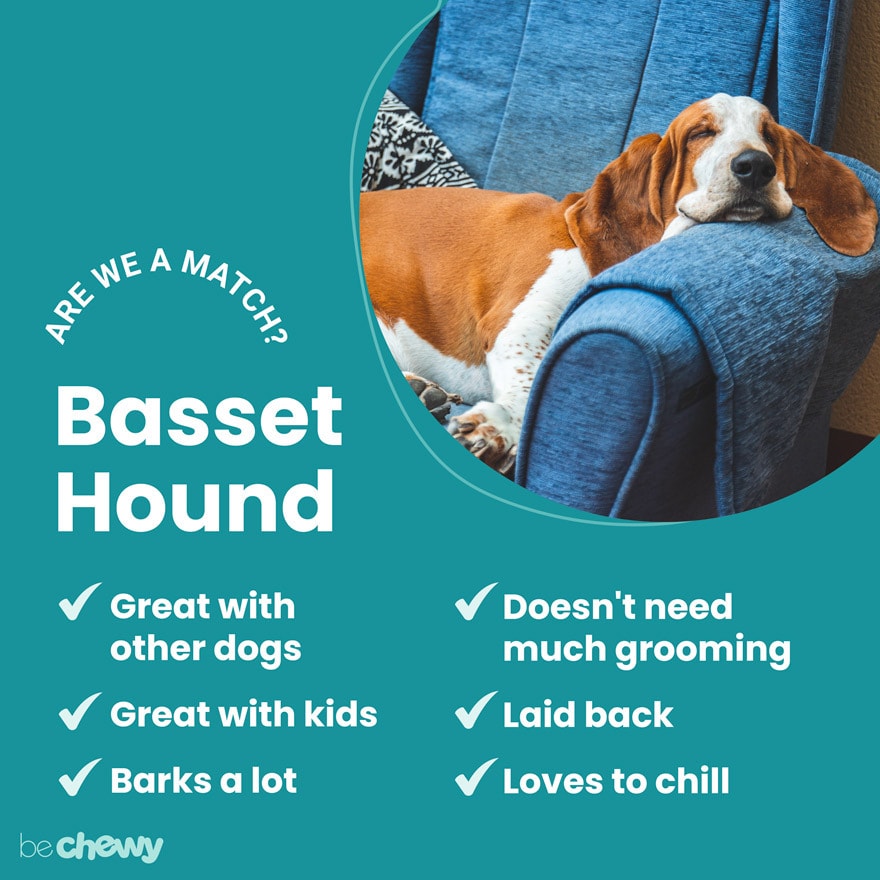
Top Takeaways
Basset Hounds are sweet and devoted buddies with laid-back personalities. This makes them the perfect BFF for anyone with a low-key lifestyle. As a pet, they love to sleep and snuggle more than they like to romp and play, but games that engage their noses can get their little legs pumping. They’re great dogs for families with kids and other pets who can provide them with constant companionship.
Expert input provided by Dr. Travis McDermott, veterinarian and owner of My Pet Needs That; and certified dog behaviorist Kayla Fratt, owner of Journey Dog Training.
Breed characteristic ratings provided by veterinarian Dr. Sarah J. Wooten, DVM, CVJ, a veterinarian at Sheep Draw Veterinary Hospital in Greeley, Colorado; dog trainer and behavior consultant Irith Bloom, CPDT-KSA, CBCC-KA, CDBC, owner of The Sophisticated Dog, LLC, in Los Angeles; and certified animal behavior consultant Amy Shojai, CABC, in Sherman, Texas.
The health content was medically reviewed by Chewy vets.

Search for Adoptable Basset Hounds Near You
Female Names
- Daisy
- Lucy
- Ruby
- Penny
- Bella
- Luna
- Molly
- Lola
- Rosie
- Maggie
Male Names
- Hank
- Fred
- Copper
- Winston
- Gus
- Cooper
- Charlie
- Otis
- Duke
- Flash
Share:

